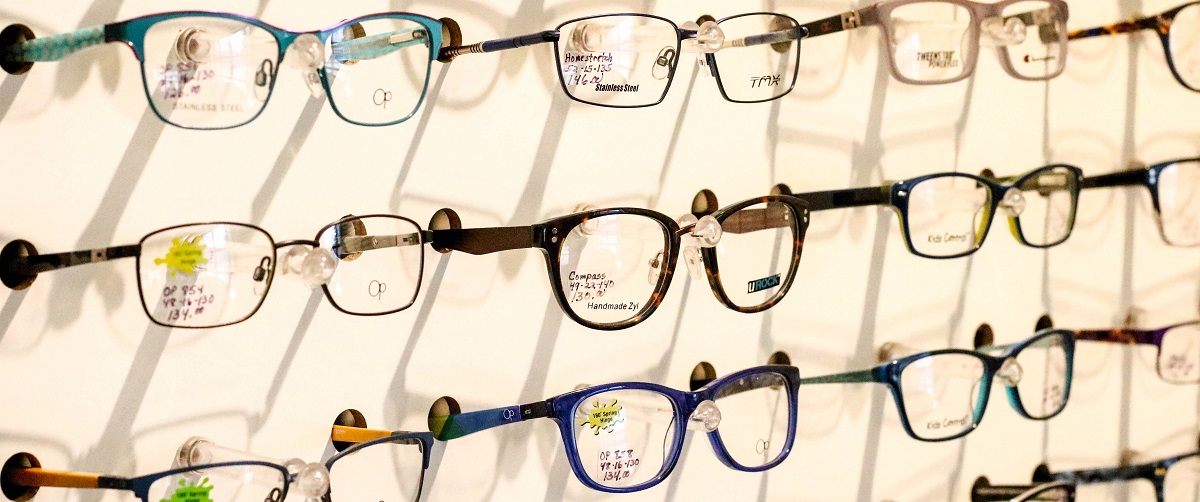LENS MATERIALS
Plastic
Also known as CR-39, this is the industry standard and
go-to lens for most patients with low prescriptions.
Plastic offers clear visual acuity, but minimal
scratch/impact resistance.
Polycarbonate
Lightweight and tough, polycarbonate is recommended for
safety/sport glasses or for people with moderate
prescriptions. Thinner than plastic lenses and more
impact/scratch resistant, polycarbonate lenses offer
100% UV ray protection.
Phoenix/Trivex
Phoenix/Trivex is the lightest lens material available
worldwide. With the highest strength and extreme
scratch/impact resistance, these lenses recommended for
safety/sport glasses, drill-mount/rimless frames,
children, and moderate prescriptions. Offers 100% UVA
and UVB ray protection.
Hi-Index
Hi-Index is a compound that creates the thinnest
material available, offers high-definition visual
acuity. Made in several indexes: 1.60, 1.67, 1.70, and
1.74. Each index represents a thinner and lighter lens.
The 1.60 index is about half as thin as regular plastic.
Each additional index decreases the lens thickness by
almost a third. Hi-Index lenses also drastically reduce
or eliminate eye magnification due to far-sighted
(hyperopic) prescriptions. Recommended for those with
moderate to high prescriptions and especially for those
who are far-sighted.

